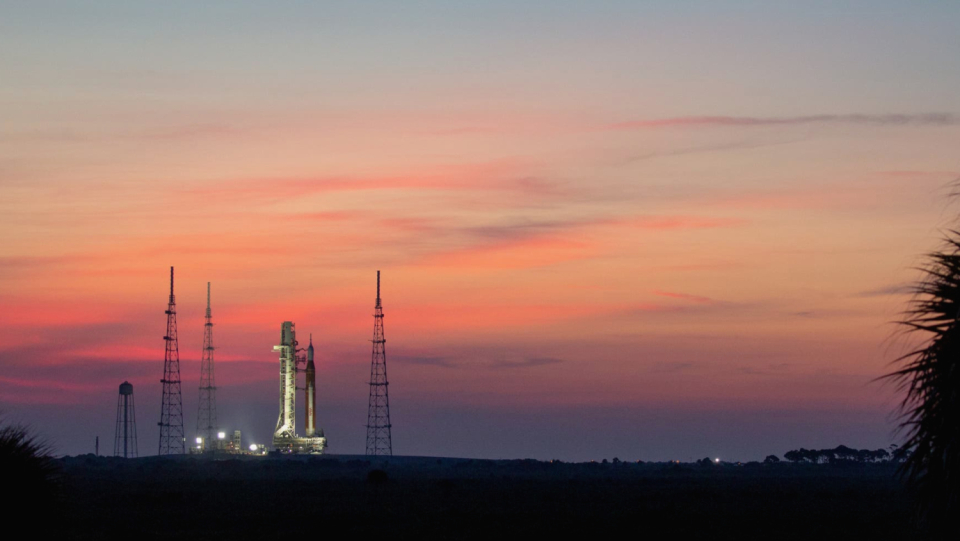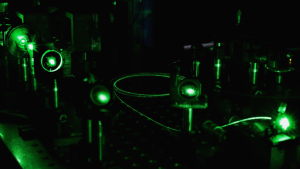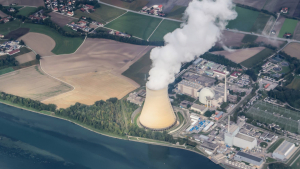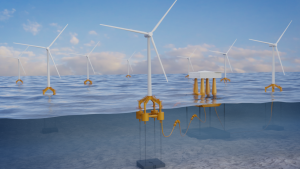This article was updated on September 4, 2022.
Once again, NASA has had to postpone the launch of its Artemis I mission. At 17.17 German time, a spokeswoman for the US Space Agency announced that the director responsible for the launch, Charlie Blackwell-Thompson, had also aborted the second attempt to launch a spacecraft to the moon again after 50 years. The stop was announced exactly three hours before the two-hour start window should have opened. The reason for this was problems with a fuel leak. The next attempt will probably not take place until the beginning or middle of October, NASA chief Bill Nelson said shortly afterwards in a livestream. The start window originally planned as an alternative date on Monday will have to be missed.
In the official NASA blog, there was talk of the fact that the technicians "came across a leak in the liquid hydrogen tank when loading the fuel into the main chamber of the rocket". Several attempts to close the leak - for example by exchanging a seal - could not have fixed the problem. "We don't start before everything doesn't work properly," said Nelson on Saturday evening in a press conference. “I'm proud of the team. They do just right. ”The costs of two starting breakdowns are ultimately lower than a real failure. In the next few days, it will decide whether NASA will have to bring the rocket back from the starting ramp to the assembly hall.
Artemis-I is the unmanned test run of the new giant rocket "Space Launch System", SLS for short, which will then also carry people up to the Moon again in 2025 at the earliest, including a woman and a non-white person for the first time. The rocket weighs 2600 tons and is refueled with more than three million liters of hydrogen and liquid oxygen. The program's namesake is the goddess Artemis, twin sister of Apollo, who lent his name to the legendary Apollo missions of the 1960s and 1970s.
The start-up rooms for the mooncrakes are based on the earth-moon constellation. Since the earth revolves around its axis and the moon circles the earth every month in its lunar cycle, a pattern of about two weeks each has with and two weeks without starting opportunities. On Saturday evening, the NASA leadership team said that they will do without further starting attempts in early September. You now want to collect further data in order to exclude new leaks. For an appointment in early October, however, a schedule must also be clarified with the start of the "ISS Crew 5".
Technical difficulties had already occurred during the first launch attempt last Monday. A defective sensor in an engine and leaking fuel had interrupted the start preparations. However, it was a different leak.



















